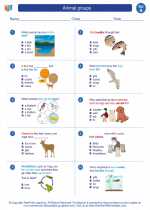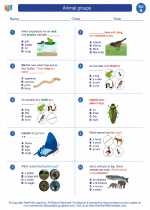Brain
The brain is the most complex organ in the human body and serves as the center of the nervous system. It controls all the bodily functions and enables humans to think, learn, and experience emotions.
Structure of the Brain
The brain consists of three main parts: the cerebrum, the cerebellum, and the brainstem. The cerebrum is the largest part of the brain and is responsible for functions such as thinking, voluntary muscle movement, and processing sensory information. The cerebellum is located at the back of the brain and is responsible for coordination and balance. The brainstem connects the brain to the spinal cord and controls basic functions such as breathing and heart rate.
Functions of the Brain
The brain performs a wide range of functions including:
- Processing sensory information from the environment
- Controlling voluntary and involuntary movements
- Regulating vital functions such as breathing and heart rate
- Storing and retrieving memories
- Facilitating learning and problem-solving
- Regulating emotions and behavior
Study Guide
- What are the three main parts of the brain? Answer:
- What is the function of the cerebrum? Answer:
- Where is the cerebellum located and what is its function? Answer:
- What is the function of the brainstem? Answer:
- What are some of the functions of the brain? Answer:
The three main parts of the brain are the cerebrum, cerebellum, and brainstem.
The cerebrum is responsible for functions such as thinking, voluntary muscle movement, and processing sensory information.
The cerebellum is located at the back of the brain and is responsible for coordination and balance.
The brainstem connects the brain to the spinal cord and controls basic functions such as breathing and heart rate.
The brain processes sensory information, controls movements, regulates vital functions, stores memories, facilitates learning and problem-solving, and regulates emotions and behavior.
◂Science Worksheets and Study Guides First Grade. Animal groups

 Worksheet/Answer key
Worksheet/Answer key
 Worksheet/Answer key
Worksheet/Answer key
 Worksheet/Answer key
Worksheet/Answer key
 Vocabulary/Answer key
Vocabulary/Answer key
